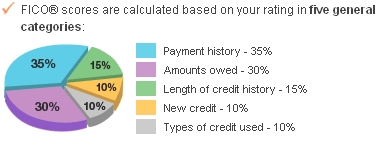Minneapolis / St Paul, MN: These days, everyone seems to know their “credit score”. Many people subscribe to one or all 3 credit services, or get a score from a place like CreditKarma.com.
Before you get too excited about that credit score, understand that the score numbers you just received most likely was based on the “Advantage Score” model. While that IS a credit score, that is NOT the same scoring model mortgage companies use.

There are many different ‘types’ of credit scores.
Mortgage lenders care about how you handle mortgages, credit card companies care about how you handle credit cards. The reports these industries pull tend to be weighted towards their industry. The Advantage score you get when you look at your score, or from your credit card statement simply is NOT the same scoring model lenders use.
Another way to look at is is think about buying a car. You tell someone you bought a new Ford. Great, but what model Ford? Did you get a Ford Focus, or was in a new Ford Truck?
Getting your credit score somewhere?? Great, what scoring model is is based on? They are generally all FICO scores, but what scoring model is it based on?? Advantage score, Beacon Score? Typically the Advantage Score is noticeably higher than your mortgage score.
If the credit score you are looking at is from a mortgage company, then that should be accurate if any other mortgage company pulls your credit… Or at least until something changes, and credit scores can potentially change everyday. I’ll save that for another article…
Ultimately, the ONLY credit score that matters is the credit score your Loan Officer obtains on the day you start your mortgage application!
For most people, the score you see and get on your own, or through your credit card statement are close, and give you a ballpark idea of your lender score, but don’t be surprised when we tell you a different number.

